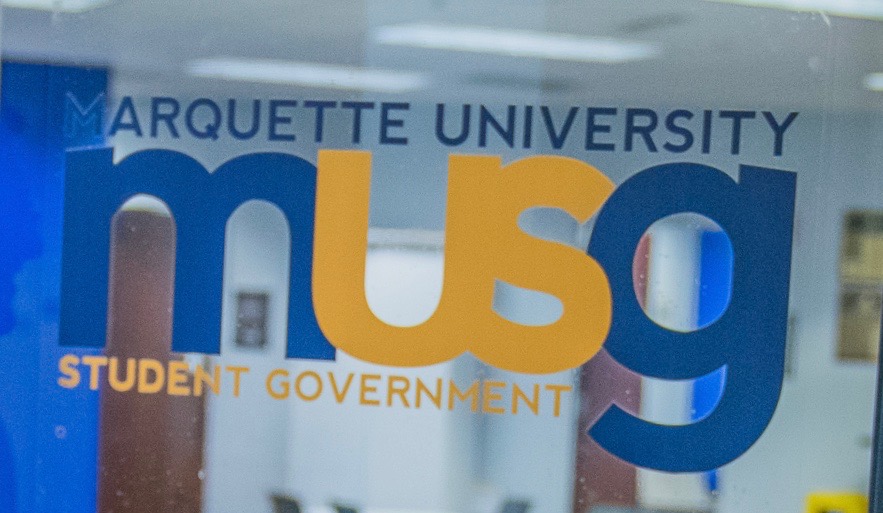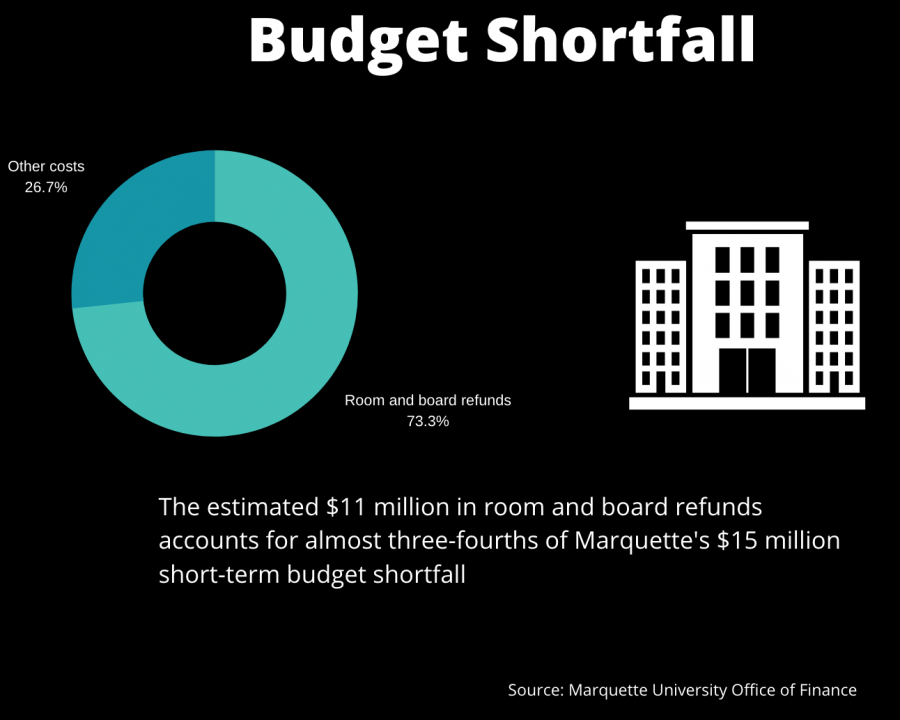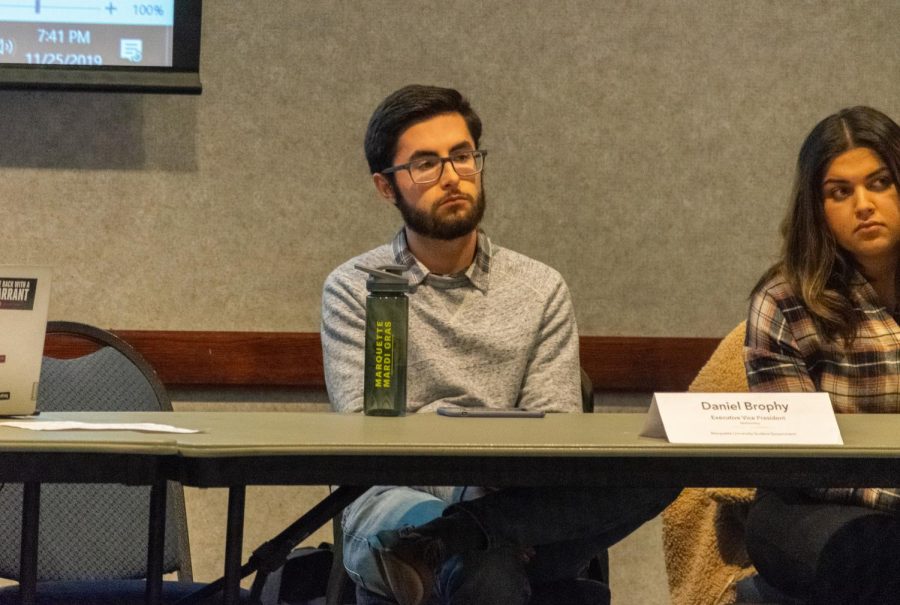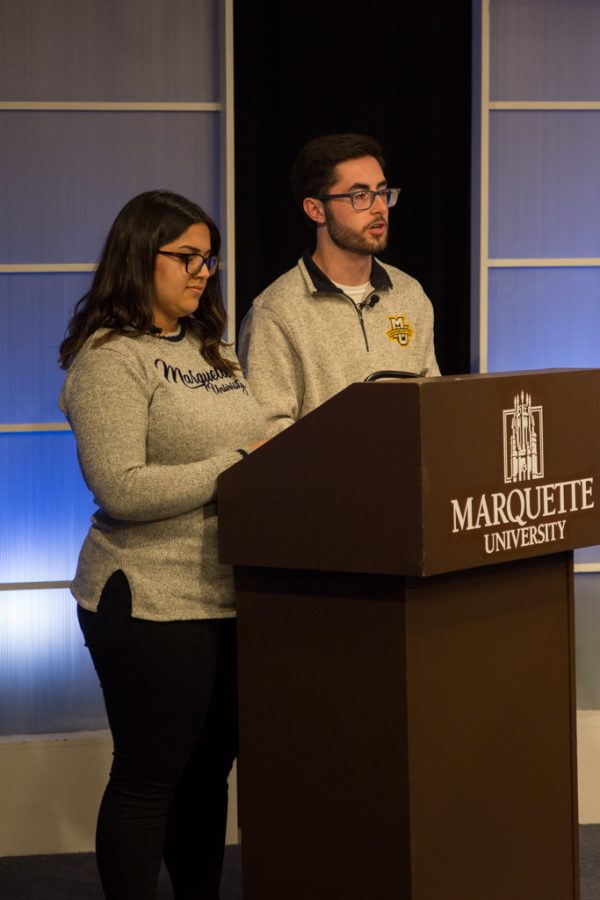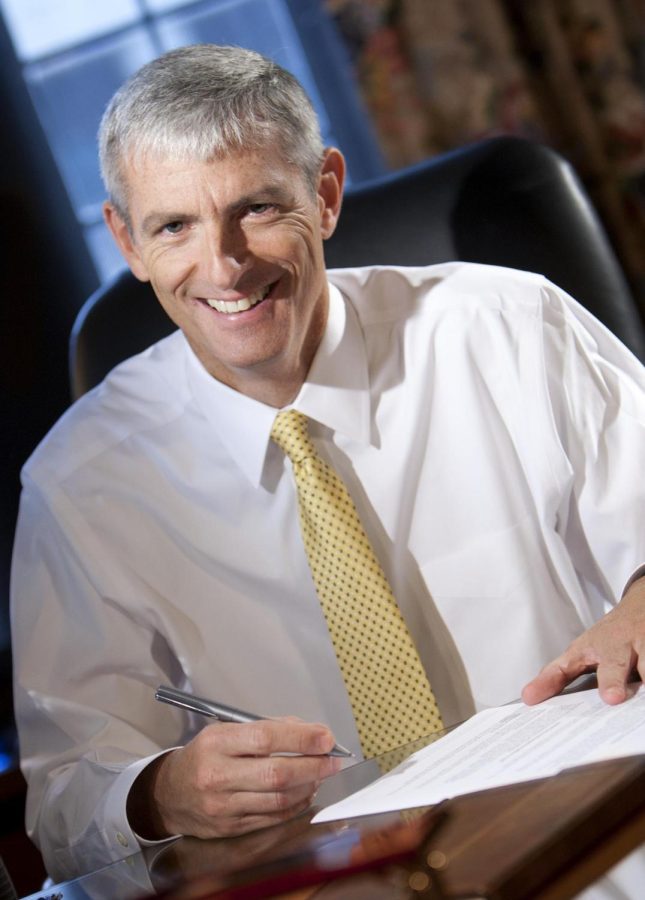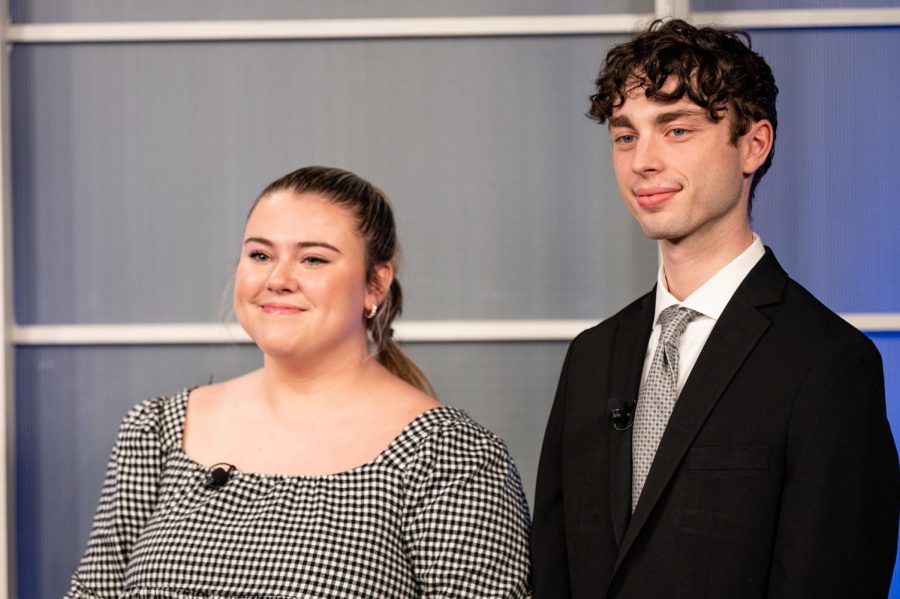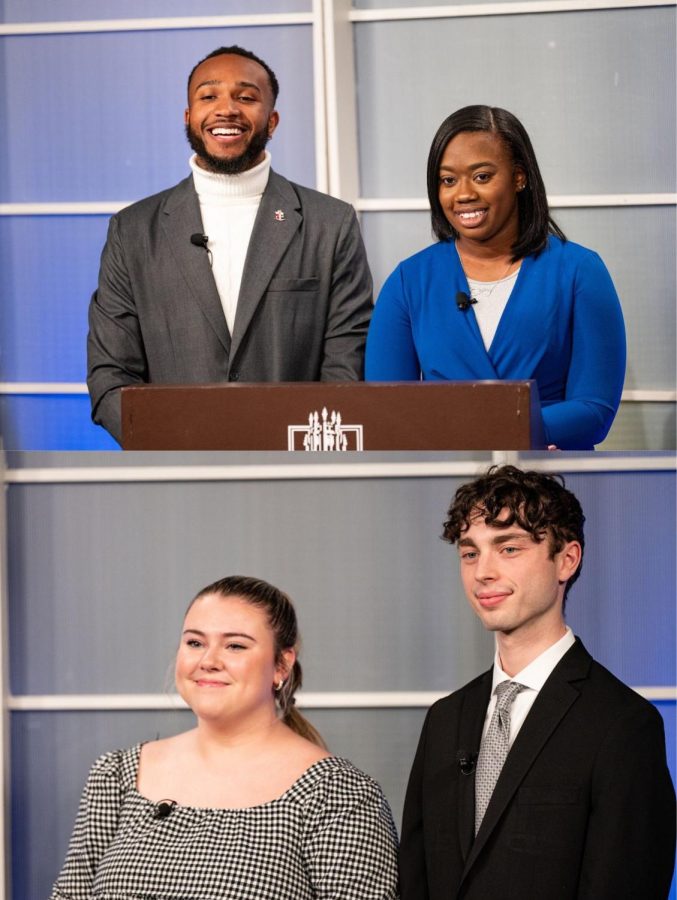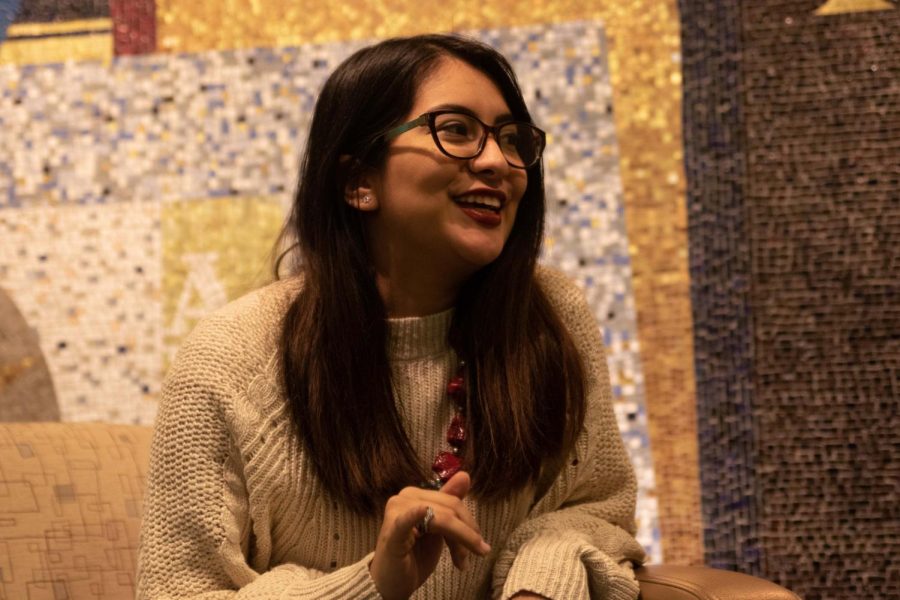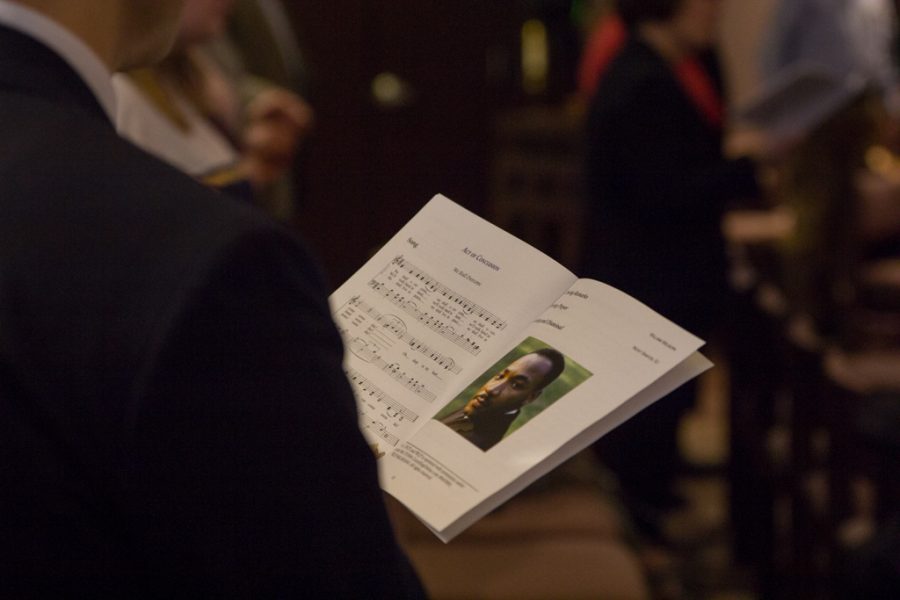After canceling two Monday night meetings due to snow and cold days for the university, Marquette University Student Government is making changes this semester to be more productive and efficient, said Dan Brophy, a junior in the College of Arts & Sciences and legislative vice president of MUSG.
MUSG executives decided to change the meetings’ focus each Monday. Every Monday starting after Feb. 18 will be affected, switching between Senate and Committee focus for each meeting, Brophy said. The switch every week is to focus on getting through legislation on Senate days and to increase productivity throughout each meeting.
According to the MUSG website, the MUSG Senate actively identifies, addresses, and represents students’ needs, concerns, and interests.
Brophy said he was encouraged by the change by the MUSG executives, hoping the switch might make the Senate and Committee meetings more efficient for the senators and for students who attend.
With the missed snow and cold days, MUSG is backlogged with legislation to pass and other work to get to.
Though yesterday’s meetings was private for the MUSG executive board to get through some legislation, students are encouraged to attend any of the following meetings. The focus will be different every other Monday, between Senate and Committee material.
Yesterday’s meeting was to pass legislation and get through work that has not been attended to this semester, due to the snow days, Brophy said.
“If we can pack a lot into one meeting, it’s using our time more efficiently and we can get a lot more done,” Brophy said. “Committee meetings will also be open to the public. Our intention was to have student organizations come to talk to committees to raise concerns.”
Brophy said MUSG can get too internally focused from time to time, when the meetings focus on making changes within MUSG.
“I think our goal as an executive board is to focus MUSG back on the students, the student experience, student narratives and what drives students here,” Brophy said.
Meredith Gillespie, a senior in the College of Arts & Sciences and president of MUSG, said MUSG’s hope is to be more outwardly focused, as opposed to focusing within student government.
“The committee meetings and formal Senate will be really good for (student government members) to give them a space to speak with their constituents and talk about what they want to pursue,” Gillespie said. “That will help catalyze those initiatives that help you get closer with people outside of the organization.”
Valerie Del Campo, a senior in the College of Communication and executive vice president of MUSG, said MUSG could improve the funding process to help student organizations.
“I think one thing we need to do for funding is to set up meetings with organizations to see how we can better support them or break down the student organization funding and application,” Del Campo said.
Student organization funding training is coming up Feb. 19, 20 and 21. MUSG is looking to make productivity a key goal by switching the form of meeting, Brophy mentioned. According to the website, attending SOF training is mandatory for a student organizations’ president or an executive board member before applying for funding. If no one attends, there will be no funding for the student organization.
Brophy, Gillespie and Del Campo said student, faculty and staff opinions are essential to the conversation and workings of MSUG.
“It’s the only thing that’s important. It’s the only thing we should be considering,” Brophy said.
“Student opinions and student voices are what run our organization,” Gillespie said. “If it wasn’t for them, MUSG wouldn’t be here.”

